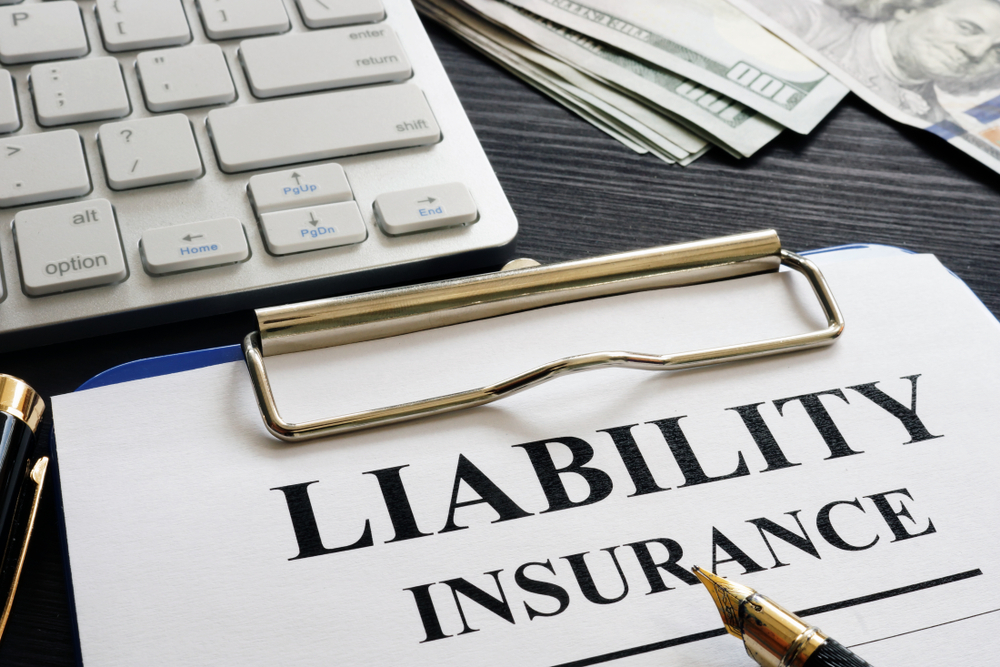
The COVID-19 pandemic has caused incredible chaos for everyone, from students who lost their chances to work over the summer and older workers who lost their jobs to retirees whose investments for retirement have taken a serious hit.
Maybe you were ready to leave the workforce when the pandemic hit but now, in light of a possible recession, you have to stay on the job and make sure you make enough money to retire when the time comes.
Whatever the situation, deciding when to retire requires a lot of thinking and planning. You need to take a closer look at your finances, your assets and investments as well as the emotional aspects of retiring. Are you financially and emotionally ready to retire? To figure that out, here are 7 crucial questions you need to ask yourself when it comes to your retirement.

How much more do I have to keep working?
Sixty-five might have been the age to retire for a long time but it’s not anymore. Not with today’s longevity trends, at least. Besides, if you love what you do and going to work keeps you in shape, both physically and mentally, why should you retire at 65? Just because a day in the calendar says so?
On the other hand, if you are sick and tired of the 9 to 5 schedule, the commuting and the business attire you have to wear day in day out, maybe retirement is not the answer. Maybe you just need a change in terms of your job responsibilities or a career switch, one that would allow you to spend fewer hours at work and more hours for enjoyable activities.
If you’re in doubt, check out these 16 Signs It’s Time to Quit Your Current Job and Find a New One.

How will I spend my time in retirement?
It might be scary to see yourself in retirement, having no purpose and doing nothing all day. At least that’s what many people, particularly the ones with businesses of their own, are afraid of. That without the structure and order that come with a job, they will no longer have an identity and feel adrift.
But what you do for a living does not define who you are as a person. Retirement can come with a lot of benefits if you “retire to something rather than retire from something”. To make sure your transition from a full-time job to retirement goes smoothly, you can start planning what to do in your golden years one year before your intended retirement. You’ll soon realize that all the traveling, spending time with family, volunteering and whatnot will leave you little time to regret not going to work every day.
On that note, check out these 9 Ways to Manage Your Time Like a Pro During Retirement.

Do I have enough money to retire?
This is a very important question you need to answer when thinking about retiring. The fact that there are several questions deriving from this one only complicates matters.
According to financial planners, future retirees need to determine if their income stream in retirement will be enough to support their lifestyle. In order to determine that, they need to estimate how much income they will need in retirement, and they can’t do any of that until they answer question number 2: What will I do in retirement?
Do you plan on traveling more? Take up golfing and invest in expensive equipment? Volunteer at a local center or go RVing? Once you have that figured out, it will be easier to make a financial plan and estimate how much money you’ll spend. One important thing: don’t forget about the annual inflation rate (about 3 percent). If you estimate a retirement income of $10,000 a month, in ten years’ time, you won’t be able to live on that.

How will I pay for health care?
Healthcare is one of the biggest expenses that retirees face in retirement. Unfortunately, without adequate planning, it takes many retirees by surprise, with dental care being one of the biggest blind spots. Approximately 2 out of 3 Medicare beneficiaries do not have dental coverage, according to a report issued by the Kaiser Family Foundation.
In addition, the healthier you are, the more expenses you will have. As explained by Michael Daley, product marketing manager at HealthView Services, “annually, the healthy person will spend less out of pocket, but over the course of their lifetime, they will spend more because they have additional years of expenses.”
If you plan to retire earlier, you have to consider your health care expenses until you become eligible for Medicare coverage. One option would be to purchase private health insurance, but make no mistake, it will be costly. Luckily, due to the Affordable Care Act, some states provide cheaper healthcare options. See if your state is among the 25 States with the Most Affordable Healthcare Costs.
If you retire at your full retirement age and receive Medicare coverage, there are still certain out of pocket costs you should factor in. According to the Fidelity Retiree Health Cost Estimate, a 65-year-old couple who retired in 2020 will require $295,000 to pay for healthcare services not covered by Medicare.
Not to mention long-term care costs. With a 70% chance for someone turning 65 today to require some sort of long-term care, as estimated by the U.S. Department of Health and Human Services, the costs of a private room in a nursing facility will not come cheap. Read 11 Essential Facts About Assisted Living You Need to Know to find out more.

What are my current liabilities?
When thinking about your retirement, you also have to take into account that you will not be the only one affected by it. It might trigger a chain reaction. For instance, if you pay alimony to your ex-spouse or provide financial help to your adult children, will you still be able to do that with a fixed income in retirement?
If you still have children living with you or you are bound by law to provide spousal support, you might have to stay in the rat race for a few more years. But if your children are all grown up, living on their own, now would be the right moment to cut the cord and allow them to learn how to be financially independent on their own, without affecting your retirement funds.
Read also: 11 Major Costs That Will Most Likely Plunge When You Retire

Where will I live in retirement?
This is a retirement-related question as old as time. With other costs to factor in retirement, it wouldn’t be a bad idea to move to a state with a lower cost of living and low state income taxes. But before you decide to sell your home and migrate to a new state, ruminate over the implications of such a decision. it might sound good on paper, in terms of taxes and extra savings, but it doesn’t work for everyone.
You could successfully dodge income taxes but end up paying higher taxes on property and real estate sale, as Texas residents do. Other states might have eliminated the high taxes that gave you nightmares but might not have the same health care options or retirement amenities that provide the same quality of life you’re used to.
See also 24 Things No One Tells You About Becoming An Empty Nester.

Am I making the most of Social Security?
With all the concerns about running out of money, the Social Security program is, and probably will still be, one of the biggest sources of income in retirement for most American workers. Social Security makes up for 40 percent of an average retiree’s income before retirement.
To make the most of your Social Security benefits you need to retire at your full retirement age, namely 66 or 67. Retiring earlier than that, at 62 for instance, you can expect up to a 30% reduction in your monthly payouts. Waiting until you reach your full retirement age, on the other hand, will increase your Social Security benefits by as much as 8% a year until age 70.
That’s why timing is everything, even when it comes to retirement, so don’t take things lightly. Consider your options in good time prior to your retirement, so that you can make the best decisions for your future.
RELATED: 8 Types of Retirement Income That Are Exempt From Taxes.









Leave a Reply